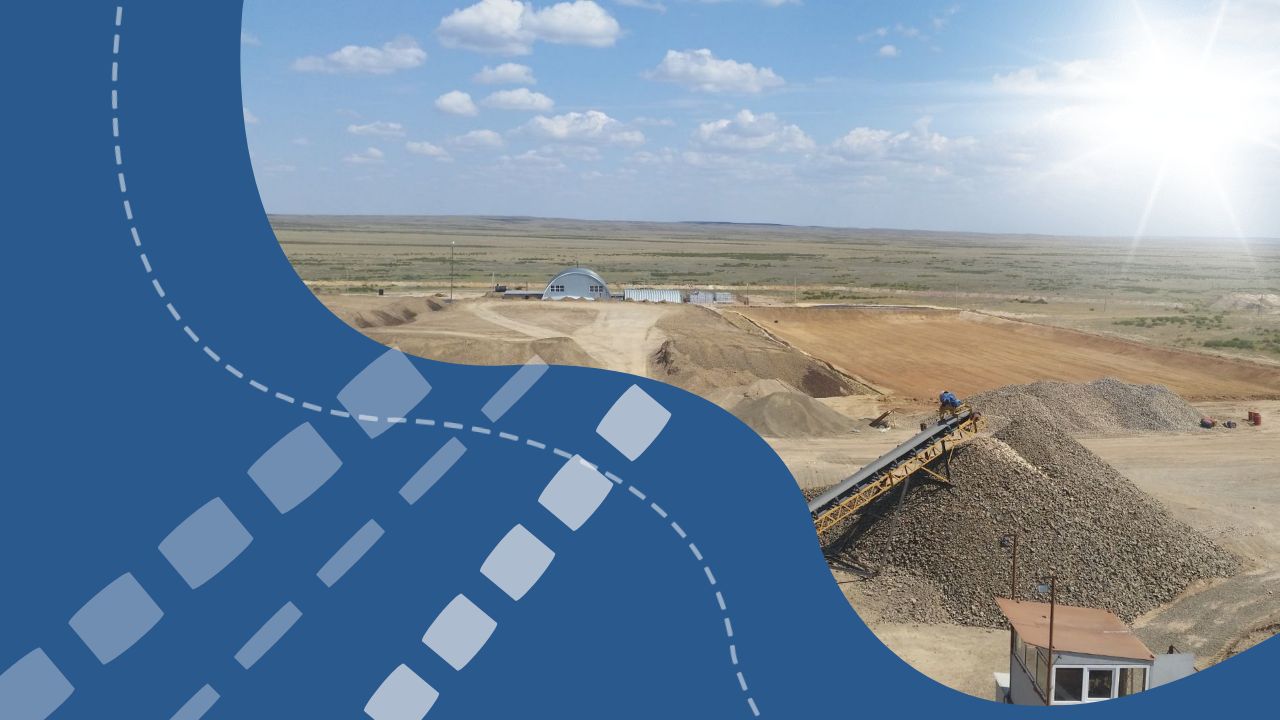In her annual address to the European parliament, President Ursula von der Leyen announced that the European Union will initiate an anti-subsidy investigation into Chinese electric vehicles She expressed concern over the flood of cheaper Chinese electric cars in global markets, which are sustained by substantial state subsidies, leading to market distortion Von der Leyen specifically highlighted the predicament faced by European car manufacturers who are often undercut by competitors benefiting from these subsidies Given the high stakes and the challenging outlook, particularly for German mass market automakers like Volkswagen, it seems inevitable that measures such as tariffs or restrictions on Chinese carmakers' access to Europe will be imposed
Source and Credit: mining.com

